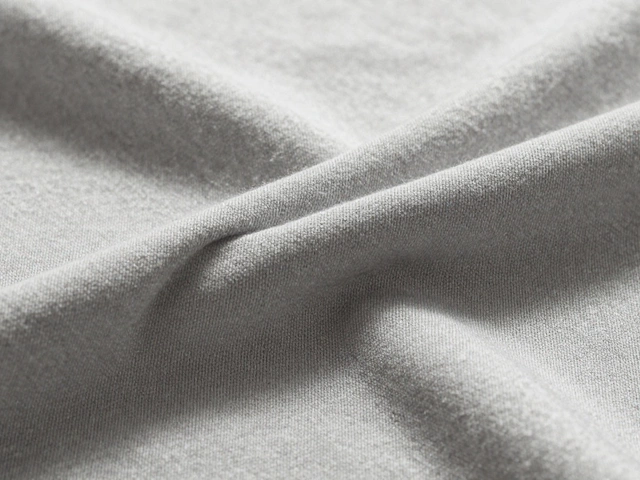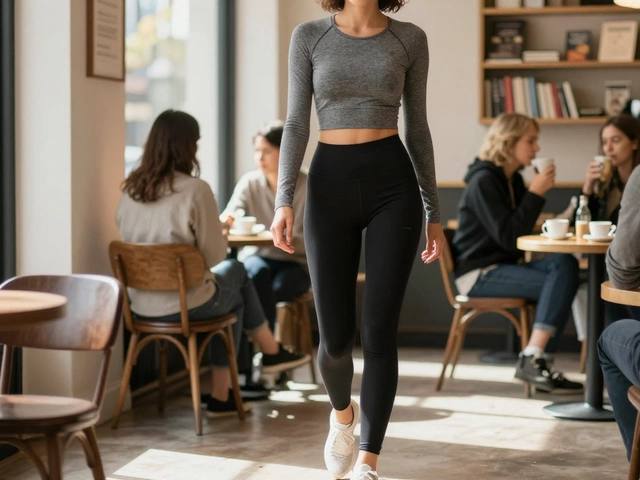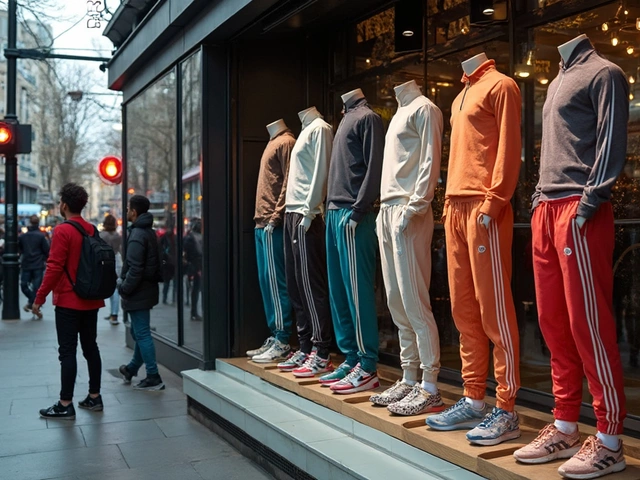Footwear Guides & Tips
Whether you’re hunting for a pair of comfy sandals or a sturdy work boot, the right shoe can make a huge difference in your day. At Handmade Designs Elgin we’ve gathered the most useful advice to help you pick, wear, and look after your shoes without the guesswork.
How to Choose the Perfect Fit
First thing’s first: the right fit starts with a few simple checks. Take the shoe off and slide your foot in – you should feel a thumb’s width of space between the end of your longest toe and the toe box. If your toes are rubbing the front, you’ll end up with blisters or black toenails. Use the "heel slip" test; walk a few steps and watch the heel. A tiny lift is fine, but if the heel lifts more than an inch, the shoe is too big.
Width matters too. When you wiggle your toes, they should spread a little without feeling squeezed. If the shoe feels tight across the forefoot, look for a wider width (often marked as ‘D’ for women’s boots). For leather shoes, remember that wet leather can tighten, so try them on dry and think about the climate you’ll wear them in.
Don’t forget the activity. Sneakers for the office need a cleaner silhouette, while kitchen staff swear by Crocs because they’re slip‑resistant and easy to clean. If you stand for long shifts, choose shoes with good arch support and cushioning – the wrong pair can leave you sore after a 12‑hour day.
Keeping Your Shoes in Shape
Buying a great pair is only half the battle; proper care lets them last. Leather shoes love a little conditioning every few months. Wipe off dirt, apply a leather conditioner, and let them air dry away from direct heat. For suede or fabric, a soft brush removes surface dust, and a protective spray guards against spills.
Drying wet shoes the right way prevents shrinkage. Stuff them with newspaper and let them dry naturally; don’t toss them in the dryer. If you store shoes for a season, use shoe trees or roll up a towel and place it inside to keep the shape.
Regularly check the soles. When the tread wears down to the pattern’s edges, it’s time for a resoling or replacement – especially for work boots where grip matters. For slippers, a quick sniff can tell you if odor is building up. Sprinkle a little baking soda inside and let it sit overnight to keep them fresh.
Finally, listen to your feet. If you notice new aches, numbness, or pressure points, it’s a sign the shoe isn’t right for you. Switching to a brand with better arch support or a different width can save you a lot of discomfort later.
With these tips, you’ll feel confident walking into our boutique, knowing exactly what to look for and how to keep your footwear at its best. Happy shoe hunting!
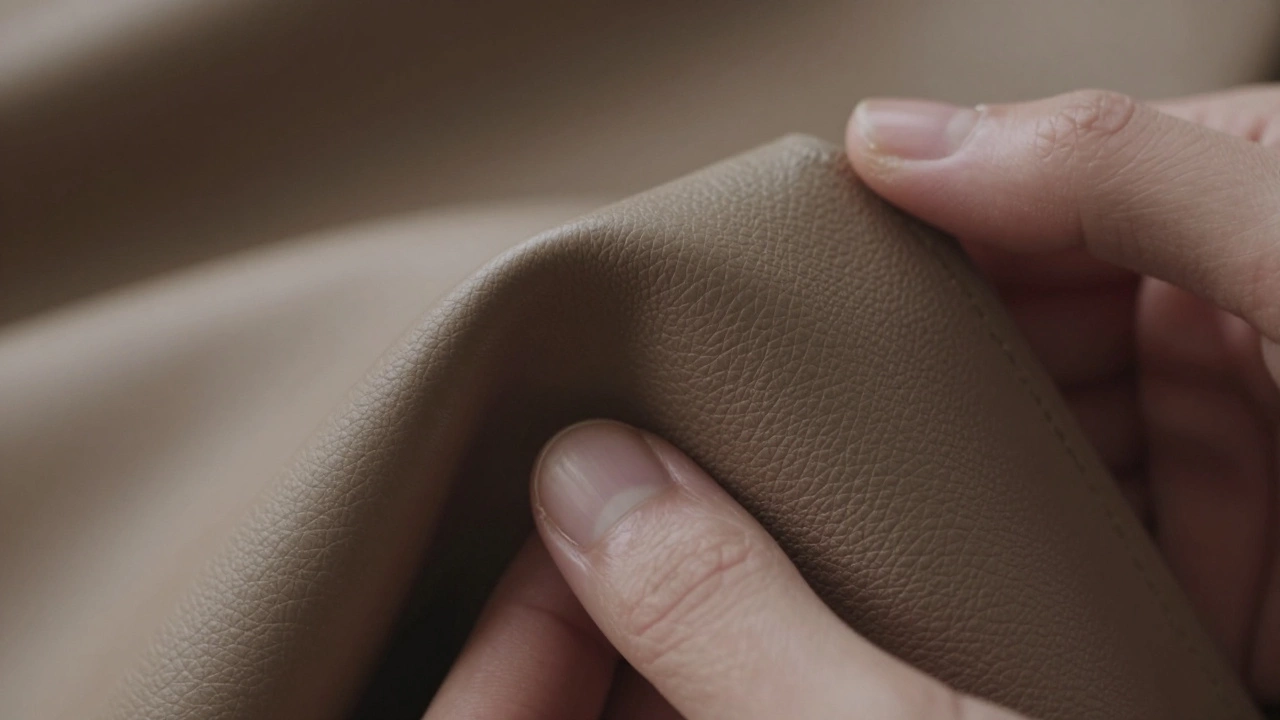
What Is the Softest Leather for Shoes?
Discover the softest leathers for shoes-lambskin, shell cordovan, and calf leather-and learn which one suits your lifestyle best. No fluff, just real-world insights.
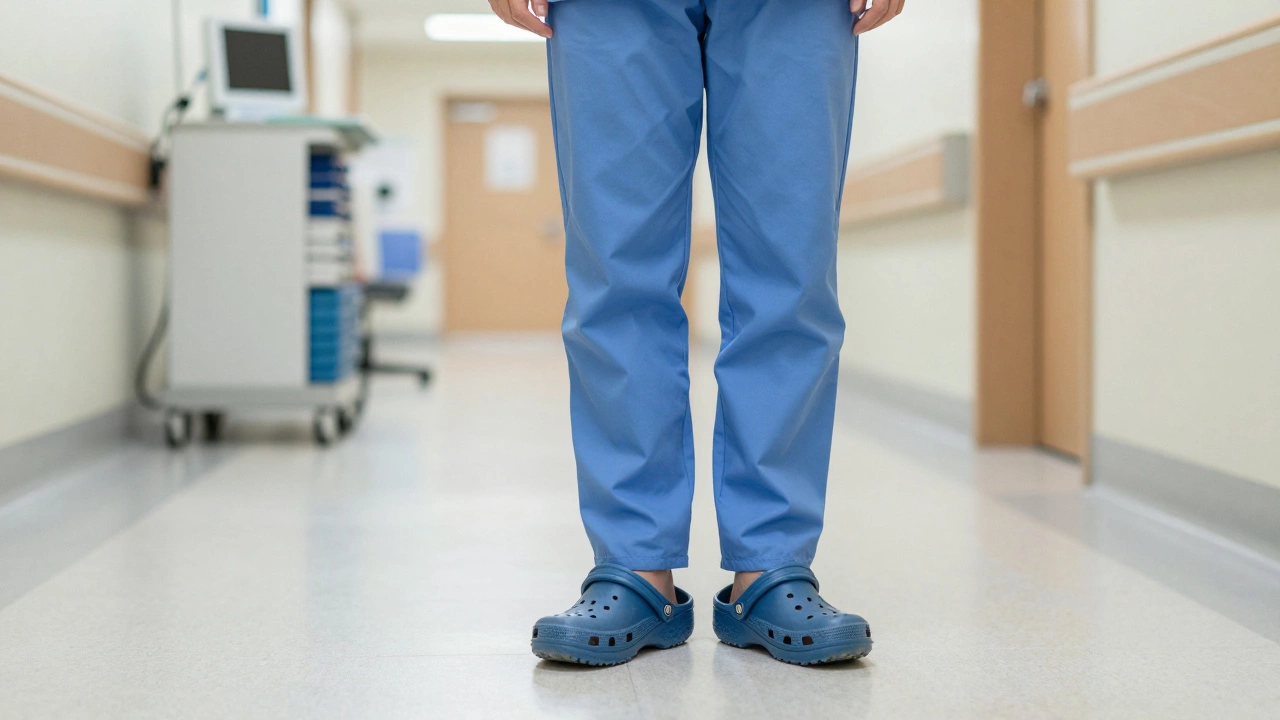
Are Crocs Good for Your Feet? Real Talk from a Podiatrist's Perspective
Crocs offer comfort for standing all day, but lack arch support and stability. Learn who benefits from them - and who should avoid them - based on real foot health data and work shoe needs.
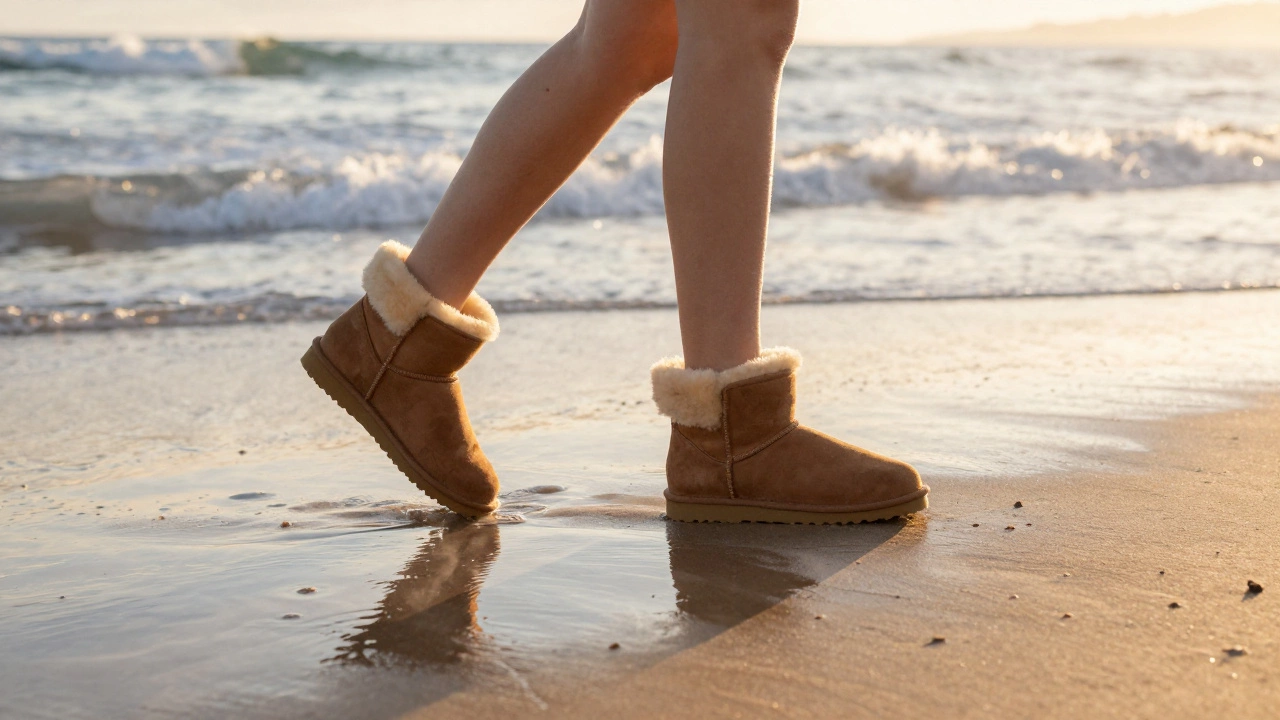
Why Don't You Wear Socks with UGG Boots?
UGG boots were designed as slipper boots to be worn barefoot. Wearing socks reduces their natural warmth, fit, and breathability. Here’s why going sockless works better-and when exceptions make sense.
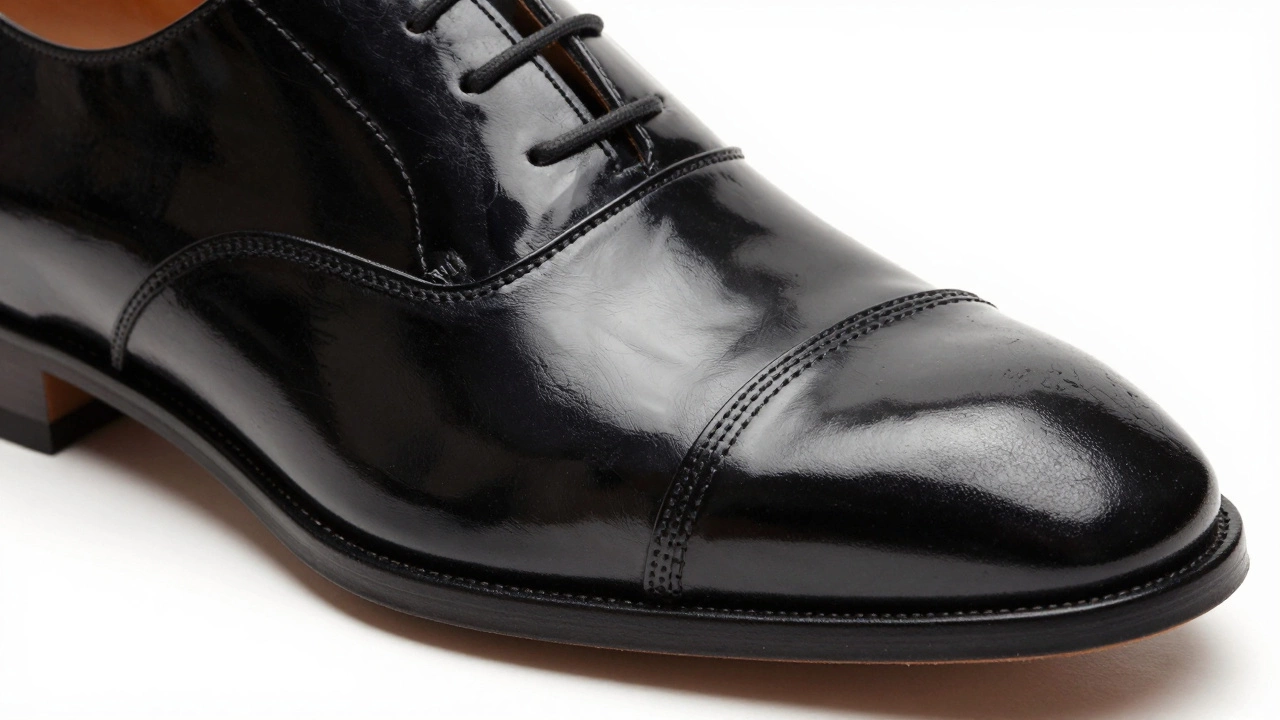
What Is the Shiny Leather on Shoes Called? A Simple Guide to Glossy Leather Finishes
Patent leather is the shiny material on formal shoes, made from real leather with a glossy lacquer coating. It's durable, water-resistant, and perfect for weddings and business wear.
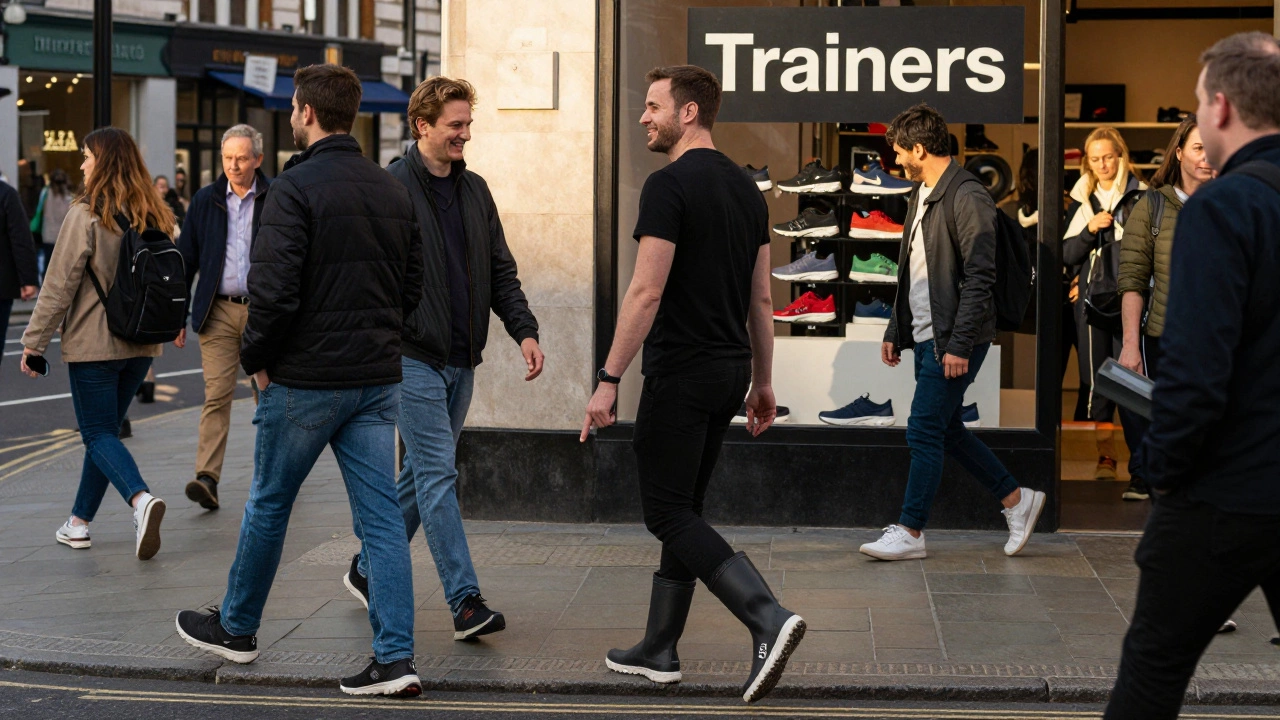
What Is the British Word for Sneakers? The Real Term Used in the UK
In the UK, sneakers are called trainers. Learn why Brits use this term, how it differs from American English, and what other shoe names to know when visiting Britain.
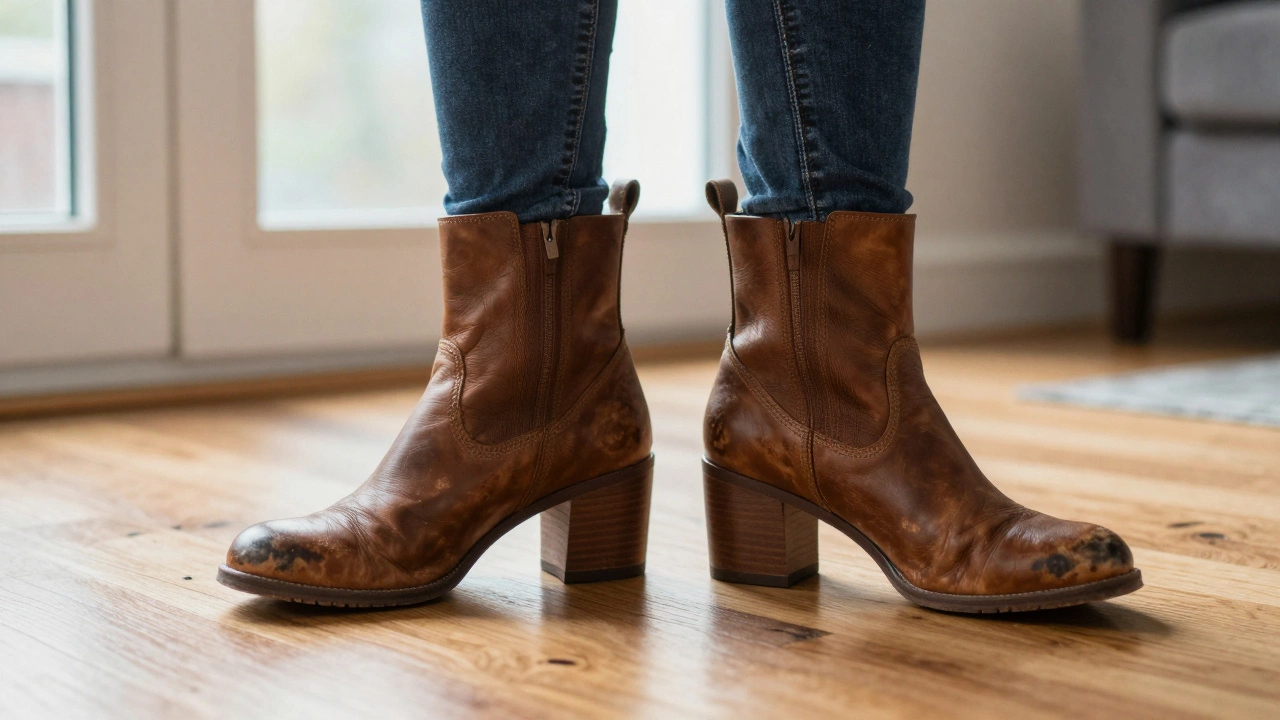
How to Know If Thursday Boots Are Too Big
Learn how to tell if your Thursday boots are too big with simple tests for heel slippage, toe room, and side movement. Get tips on sizing, returns, and fixes.
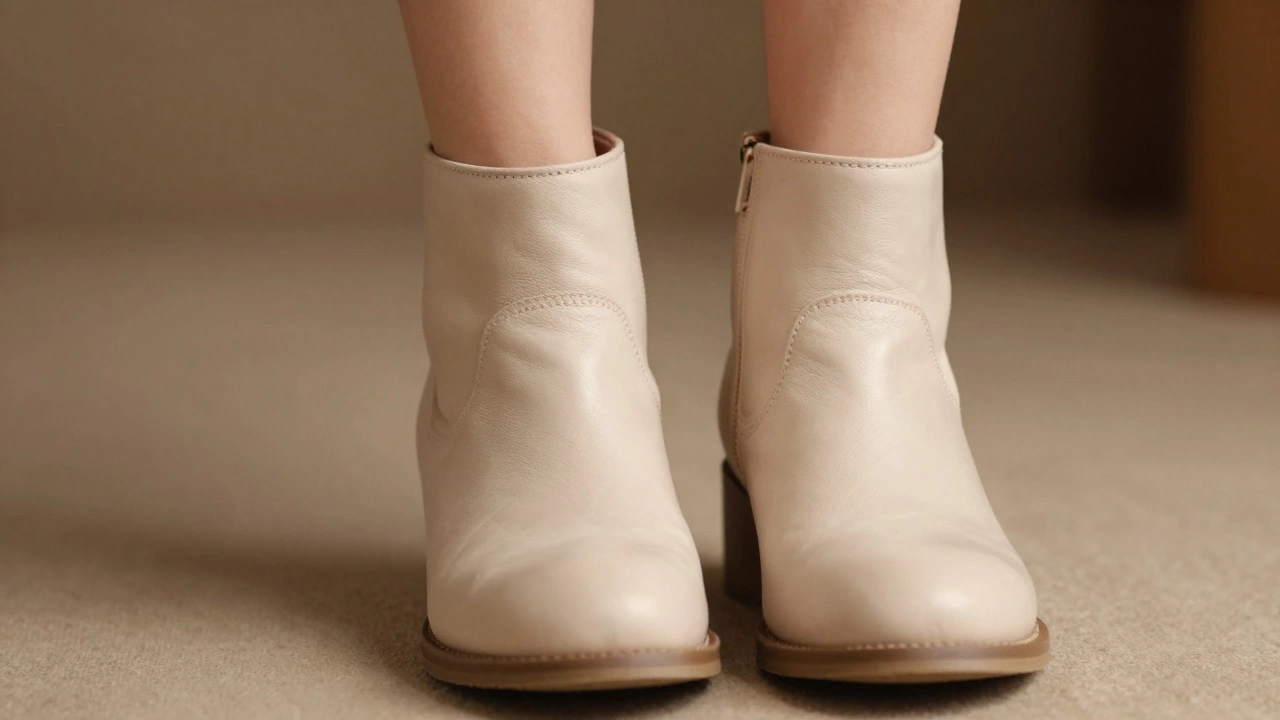
What Does Wide H Mean in Boots? A Simple Guide for Women’s Footwear
H width in women's boots means extra wide-perfect for those with broader feet. Learn what H width really means, who needs it, and how to find boots that actually fit without sacrificing style.
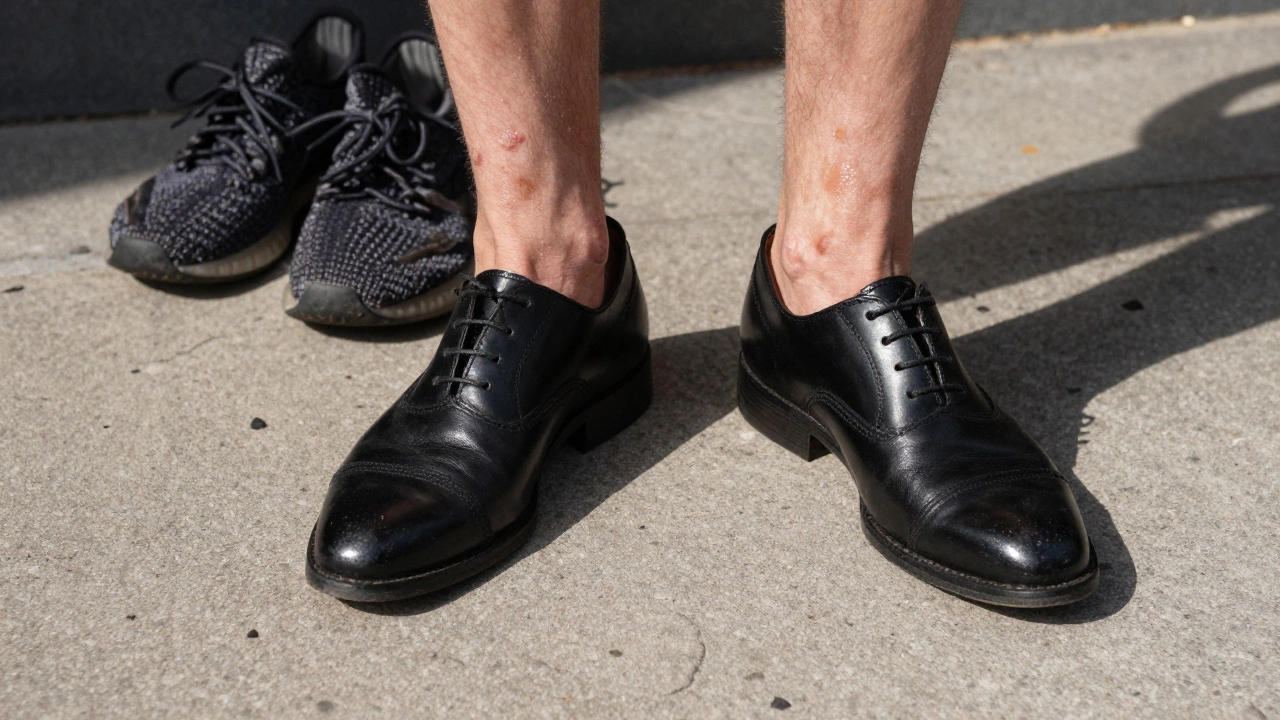
Why You Should Avoid Wearing Leather Shoes
Leather shoes may look classic, but they're uncomfortable, environmentally damaging, and overpriced for what they offer. Discover why modern alternatives are better for your feet, your wallet, and the planet.
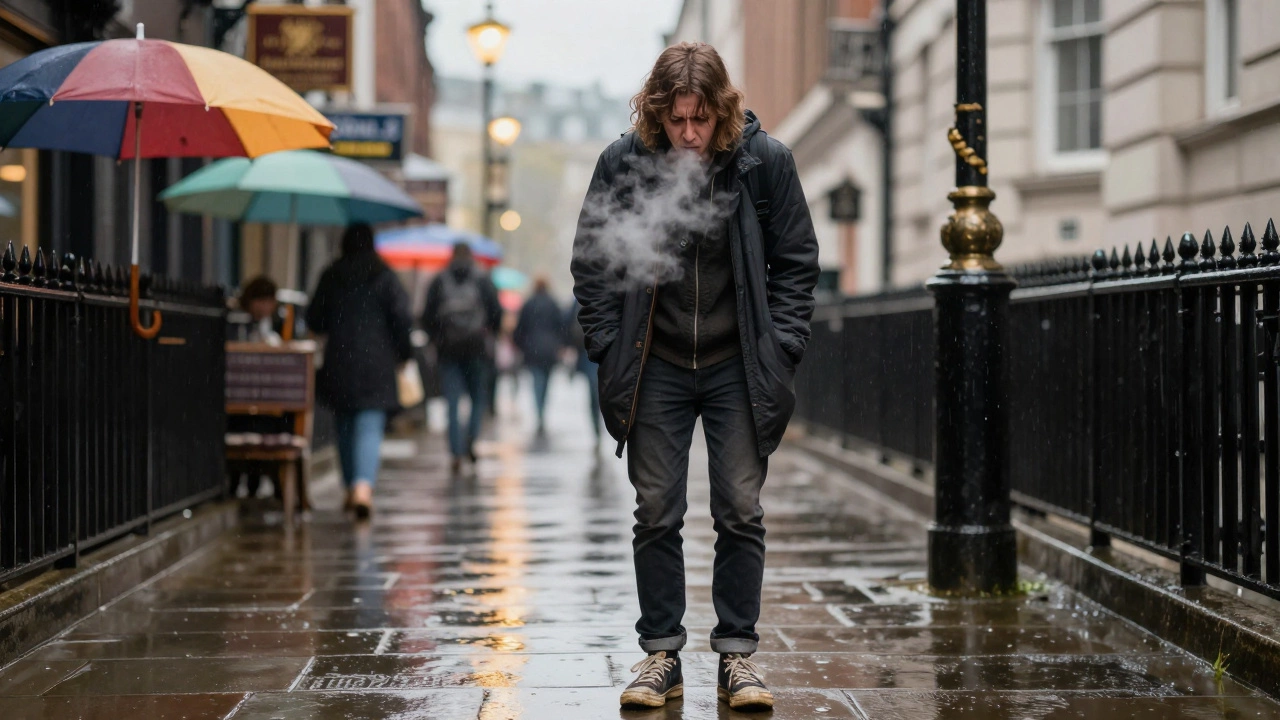
What Does 'Bloody' Mean in England? A Guide to British Slang in Footwear and Everyday Speech
Learn what 'bloody' really means in England - not as a violent term, but as a common slang intensifier used daily in conversations about trainers, fashion, and everyday frustrations.
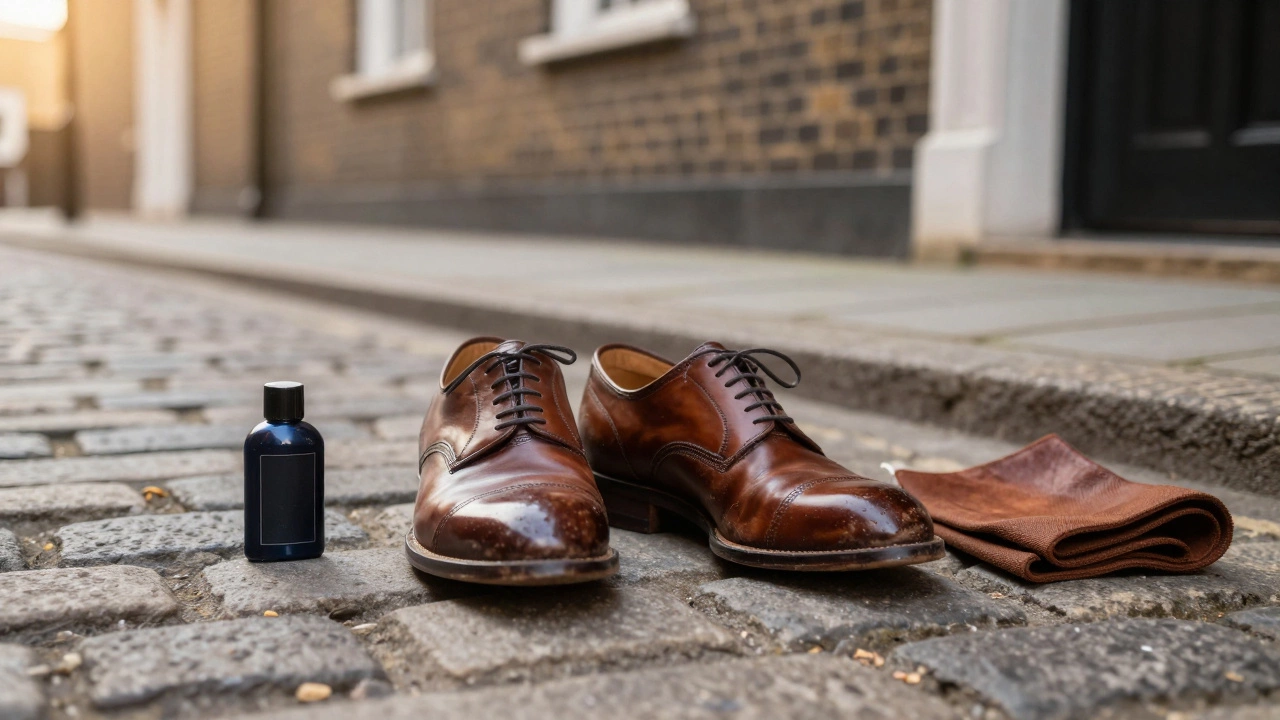
Why Do People Wear Leather Shoes? Practical, Cultural, and Historical Reasons
Leather shoes last longer, breathe better, and mold to your feet over time. They’re durable, repairable, and look better with age. Here’s why people still choose them over synthetic options.
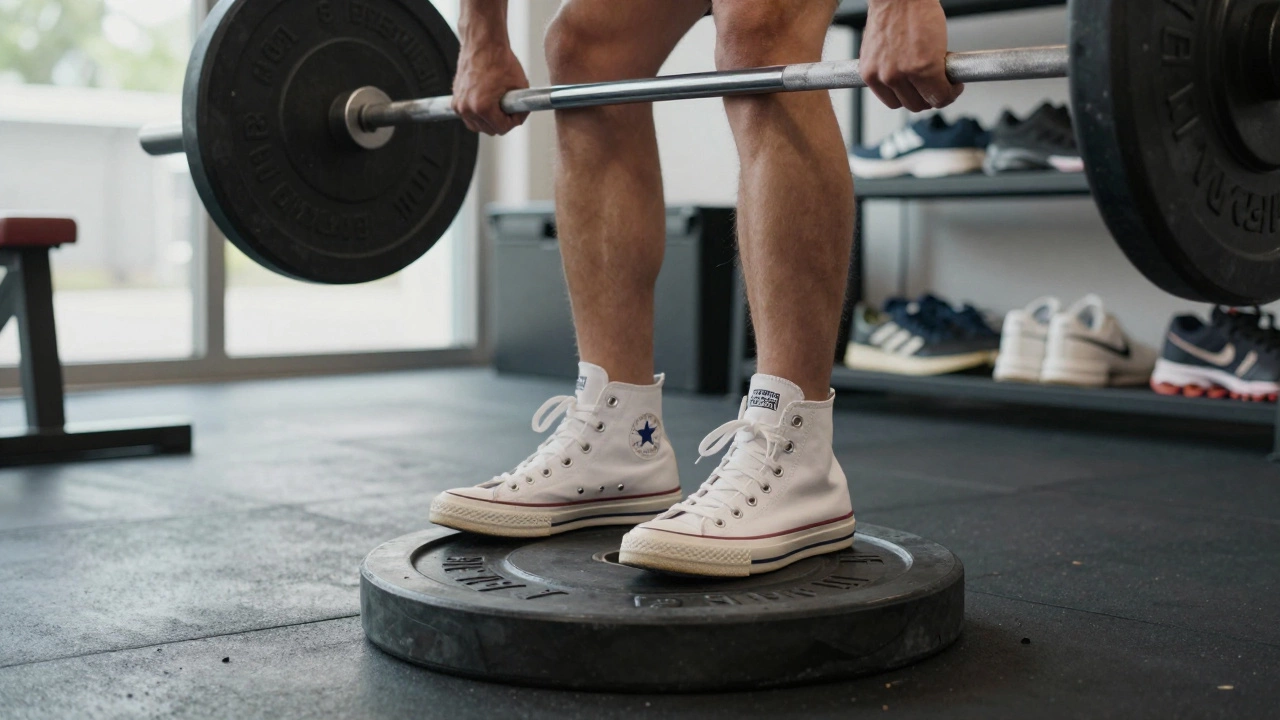
Are Converse a Trainer? The Truth About Classic Sneakers and Training Shoes
Converse Chuck Taylors are iconic sneakers, but they’re not designed as training shoes. Learn why they lack support, cushioning, and safety features for workouts-and when they actually work.
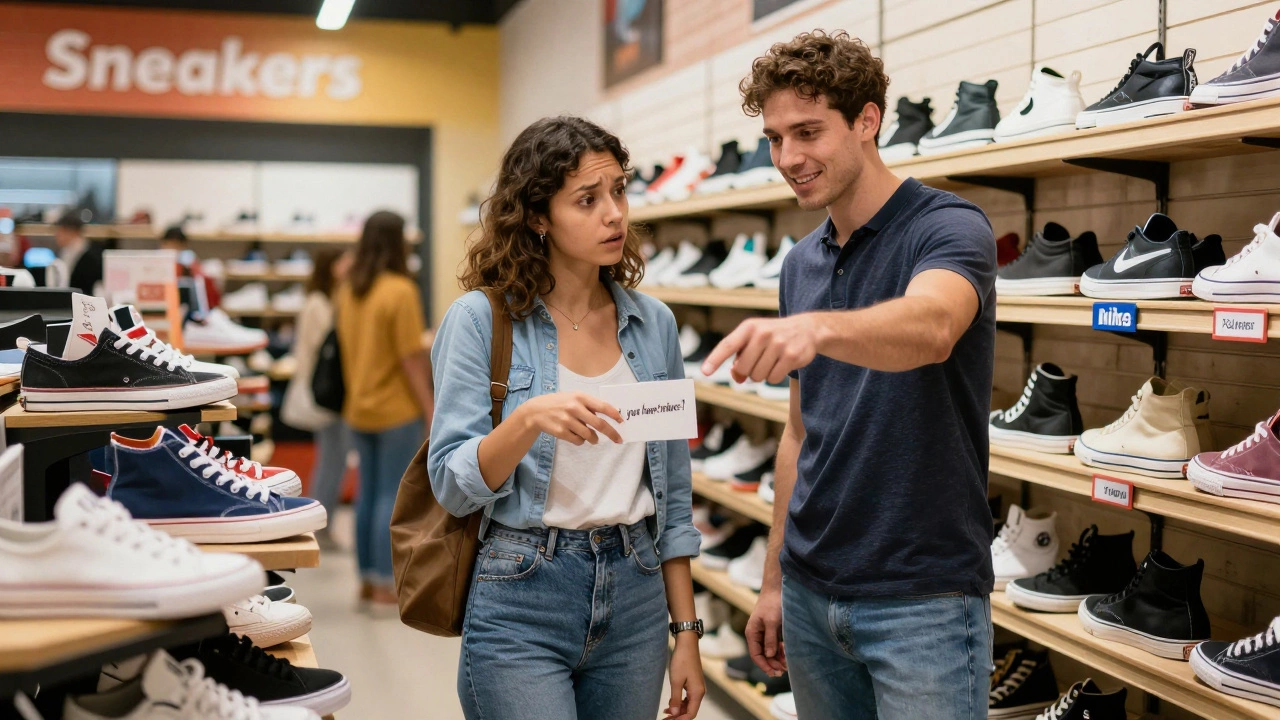
What Is the American Word for Trainers? The Real Term Used in the US
Americans call trainers sneakers. Learn why the US uses this term, how it differs from British English, and what to say when shopping or traveling in the United States.
